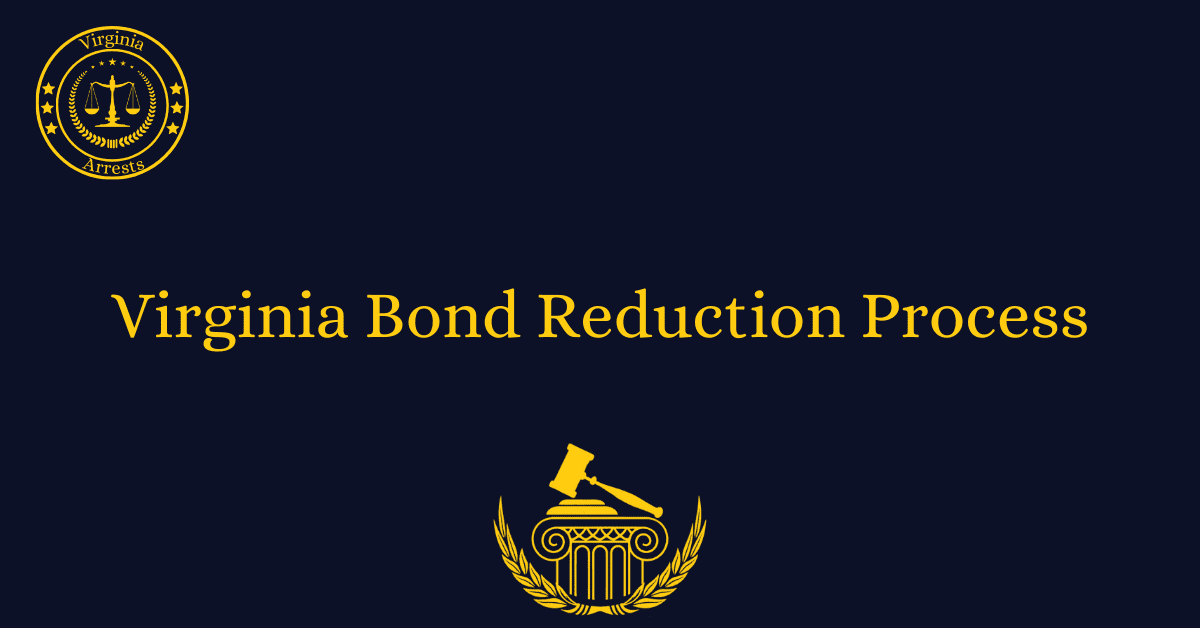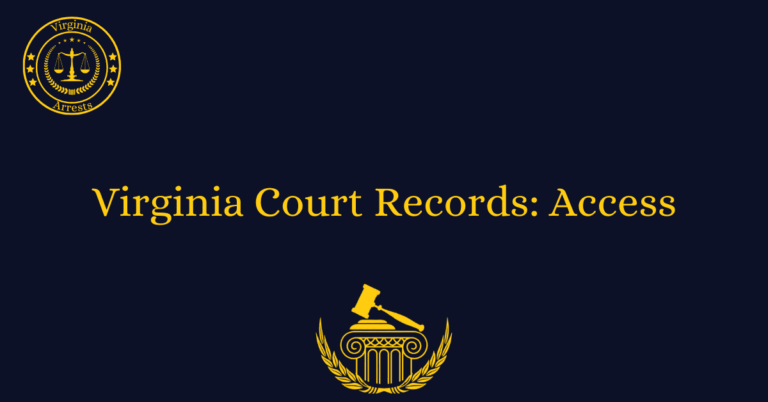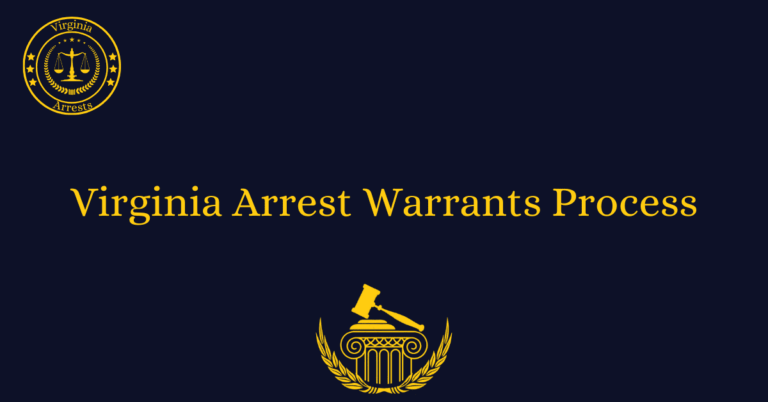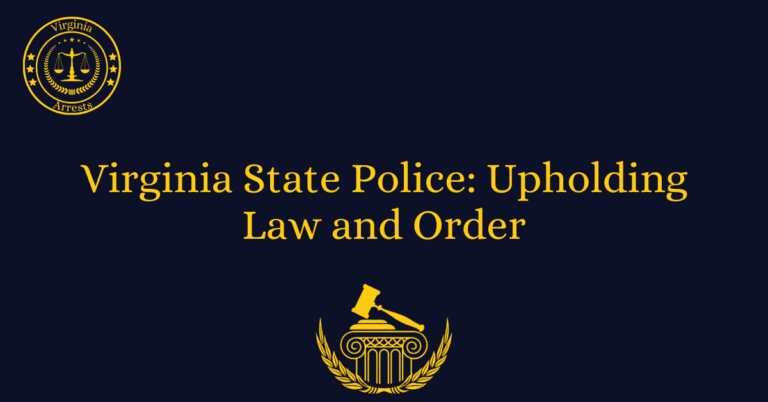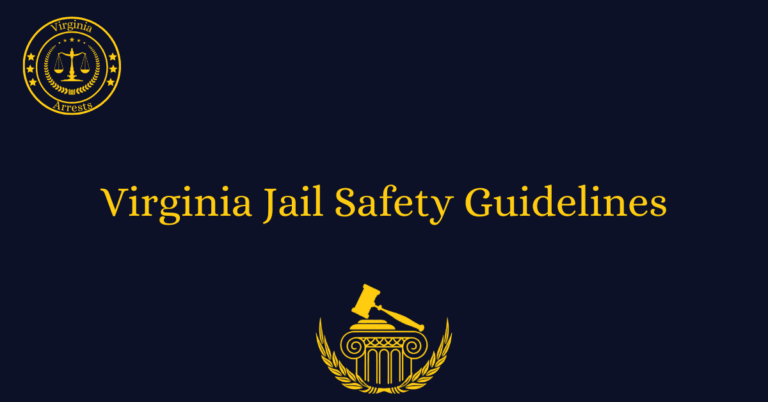Virginia Bond Reduction Process
In the legal system, bail serves as a mechanism for individuals accused of crimes to secure temporary release from custody pending trial. However, the initial amount set for bail may not always be feasible for the accused to pay. In such cases, seeking a bond reduction becomes crucial. This article aims to provide a comprehensive understanding of the bond reduction process in Virginia, outlining the steps involved and factors considered by the court.
What is a Bond Reduction?
- A bond reduction, also known as a bail reduction, refers to the process of petitioning the court to lower the amount of bail required for release from custody.
- The primary objective of a bond reduction is to make bail more affordable for the accused while ensuring they comply with court proceedings.
Grounds for Seeking Bond Reduction
- Financial Hardship: Individuals may request a bond reduction if the initially set bail amount exceeds their financial capabilities.
- Change in Circumstances: Significant changes in the accused’s circumstances, such as loss of employment or medical emergencies, can justify a request for a bond reduction.
- Flight Risk Assessment: If the accused can demonstrate a decreased flight risk through stable employment, community ties, or family responsibilities, it may support a bond reduction request.
Initiating the Bond Reduction Process
- Consultation with Legal Counsel: It is advisable for the accused to seek guidance from a qualified attorney experienced in criminal defense matters.
- Petition to the Court: The attorney files a formal motion with the court requesting a bond reduction hearing. This motion outlines the reasons for seeking a reduction and any supporting evidence.
Bond Reduction Hearing
- Judicial Review: The court schedules a hearing to review the bond reduction request. During the hearing, the judge assesses the merits of the motion and considers arguments presented by both the prosecution and defense.
- Presentation of Evidence: The defense may present evidence supporting the need for a bond reduction, such as financial documents, employment records, or character references.
- Prosecution Response: The prosecution may oppose the bond reduction motion, citing concerns related to flight risk or the severity of the alleged offense.
- Judicial Discretion: The judge has discretion in determining whether to grant a bond reduction based on the evidence presented and applicable legal standards.
Factors Considered by the Court
- Severity of the Offense: The nature and circumstances of the alleged crime play a significant role in the court’s decision regarding bond reduction.
- Flight Risk: The likelihood of the accused failing to appear for future court proceedings is a critical consideration.
- Community Safety: The court assesses whether releasing the accused on reduced bail poses a risk to public safety.
Court Decision
- Granting of Bond Reduction: If the court approves the bond reduction request, the accused may be released upon posting the revised bail amount.
- Denial of Bond Reduction: In cases where the court denies the bond reduction motion, the accused must adhere to the initially set bail amount or explore alternative legal options.
FAQs
What is the Virginia Bond Reduction Process?
The Virginia Bond Reduction Process is a comprehensive guide that walks you through the steps of reducing your bond in the state of Virginia. Whether you’re an individual facing criminal charges or a loved one seeking to help someone in need, this guide is designed to provide you with the information you need to navigate the complex legal system.
Who is this guide for?
This guide is for individuals facing criminal charges in the state of Virginia or their loved ones who want to understand the bond reduction process. It is a valuable resource for anyone looking to navigate the legal system and seek a fair chance.
What factors influence bond amounts?
Several factors can influence bond amounts in Virginia, including the severity of the charges, the defendant’s criminal history, the potential flight risk, and the likelihood of appearing in court. Our guide provides detailed information on these factors and how they can impact your bond.
How can I present a compelling case for bond reduction?
Presenting a compelling case for bond reduction requires comprehensive preparation and understanding of the legal system. Our guide offers tips and strategies on how to gather evidence, present arguments, and effectively communicate your case to the court.
What are the potential benefits of bond reduction?
Bond reduction can have various benefits, including financial relief by lowering the amount required for release, increased chances of being granted a bond, and the ability to continue working and supporting your family while awaiting trial. Our guide explains these benefits in detail.
Why should I trust this guide?
Our team of legal experts has years of experience in the field and has compiled this guide to provide you with accurate and reliable information. We are committed to helping individuals navigate the legal system and achieve the best possible outcome. Trust in our expertise and dedication to your case.
Conclusion
The bond reduction process in Virginia offers individuals accused of crimes an opportunity to secure release from custody under more manageable bail conditions. By understanding the steps involved and factors considered by the court, individuals can navigate this process effectively with the assistance of legal counsel. Ultimately, the goal of bond reduction is to ensure that accused individuals have fair access to pretrial liberty while upholding the principles of justice and public safety.

